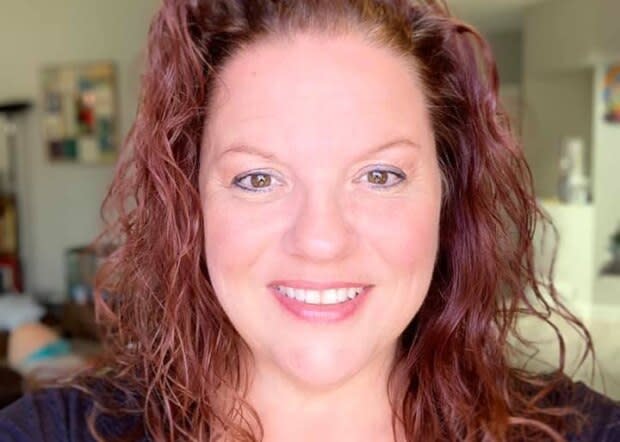Regina women make care kits for isolated elders
Since mid-March, some Indigenous elders in the Regina area have faced heightened food insecurity, a lack of access to traditional medicines and separation from their community as they self-isolate.
But the Regina COVID-19 Volunteer Community Response Team has stepped up to help.
The group, founded and run by a group of four local women, has been supporting elders with food, entertainment and conversation.
"We had two elders who had just got out of the hospital in March," said JoLee Sasakamoose, one of the group's founding members. "So I put out a Facebook post … and said, 'I'm a little concerned about these two kokums, and there's probably a few more. Maybe we should keep a list.'"
She was soon joined by Chastity Delorme, Chelsea Lavallie and Brianna LaPlante, and they put together a list of elders based on "very slim criteria," Sasakamoose said.
"We support elders who are in need and who are isolated, who have chronic health conditions or a vulnerable immune system, and who are not being supported by their First Nation — because many of the First Nations come into the city and support their band members — or other entities.
"And so our list grew to about 70."
Since then, the volunteer team has been reaching out to elders, providing warm meals and making regular phone calls to check in. Sometimes, they bring musicians along on their delivery runs to play for the elders outdoors.
"We're trying to spark and inspire and remind people that our elders are invaluable," Sasakamoose said. "They are our universities, they are our knowledge bases. And we have to keep them safe and healthy because that's who has our knowledge."
Urban gardening
Early on, Sasakamoose said, the volunteer team started getting requests for traditional food and traditional medicine. Due to travel and safety restrictions, they had to get creative.
"Being in the city, this year we can't go out and forage, harvest, pick medicines and bring them back," Sasakamoose said. "But we've been restoring and expanding our own knowledge in the area of growing. Most of us have gardens in our homes."

Along with urban gardening, which has already yielded a substantial harvest of potatoes, onions, carrots, tomatoes and herbs, the volunteer team has also built a hydroponic system to grow medicines not normally found in a city environment.
And with colder months approaching, the group is making plans to provide elders with traditional and healthy food throughout the winter.
"We want to support our elders with traditional foods like pemmican and wild rice, and we're looking at possibilities like acorn oil and birch syrups," Sasakamoose said. "Things we know will spark our elders' immune systems, rather than cheap meals."
Sasakamoose says food security goes beyond just providing people with ingredients that only meet their basic caloric needs.
"When the pandemic hit, across cultures, people put together these kinds of food kits with canned goods and white flour and white rice, and everyone was handing these out to the lower-income people in our communities," she said.
"But when you think about that type of food and the population you're giving it to, those are not immune-supporting foods. They're basically foods to fill people up."
Sasakamoose says she and the other members of the volunteer team have been inspired by ethnobotanist Linda Black Elk, and have been constantly looking to expand their capacity.
Along with drying produce on trays and racks, some volunteers recently took a food safety course so they could make sure they were canning produce correctly, and the group also purchased a freeze dryer to make dehydrated soup mixes.
"In the process of trying to support elders and vulnerable people in the city, we're also trying to restore our own traditional practices and knowledge bases," said Sasakamoose.
The group has also applied for a grant to study the work they are doing throughout the COVID-19 pandemic, measuring the impact of their support and documenting knowledge and best practices.

